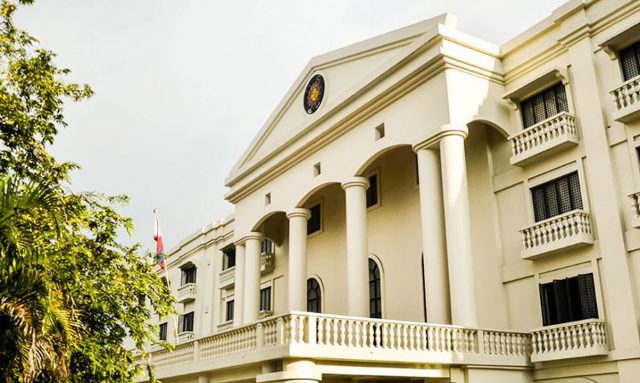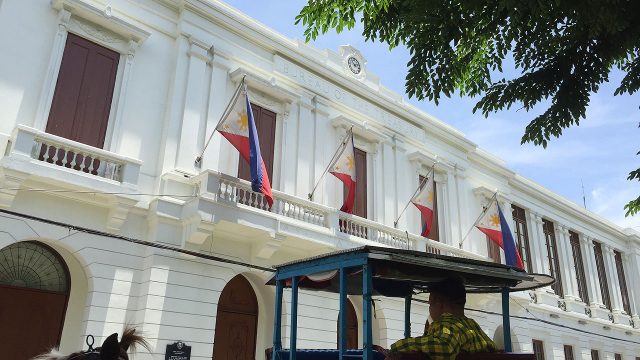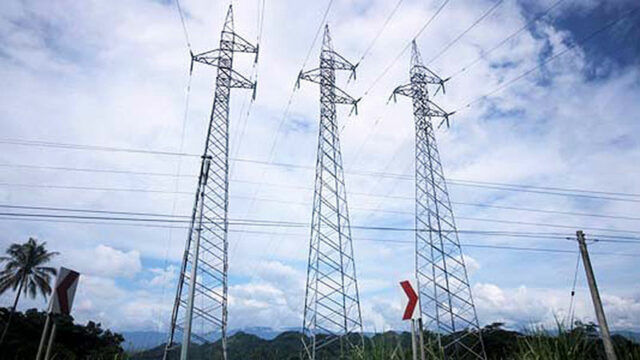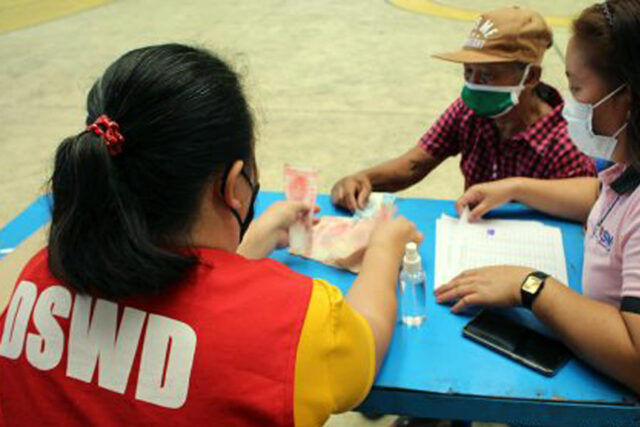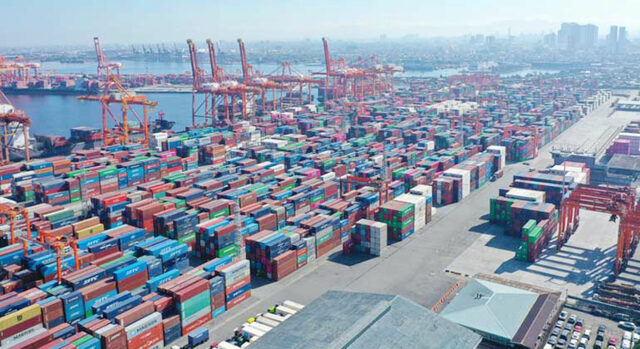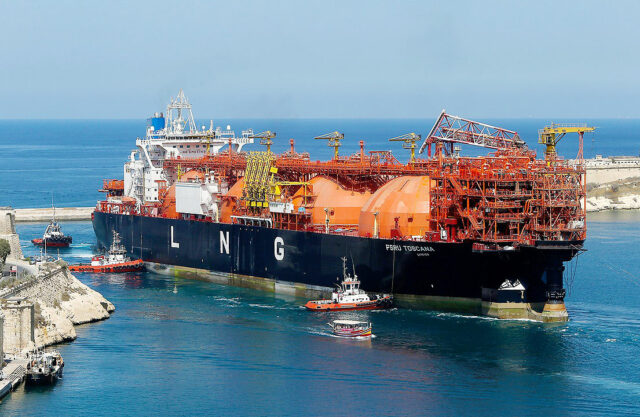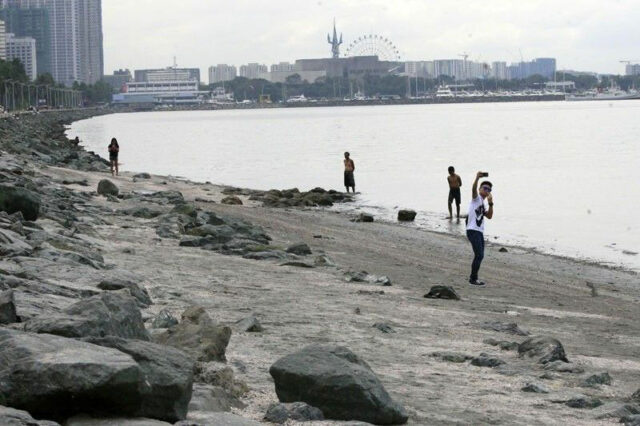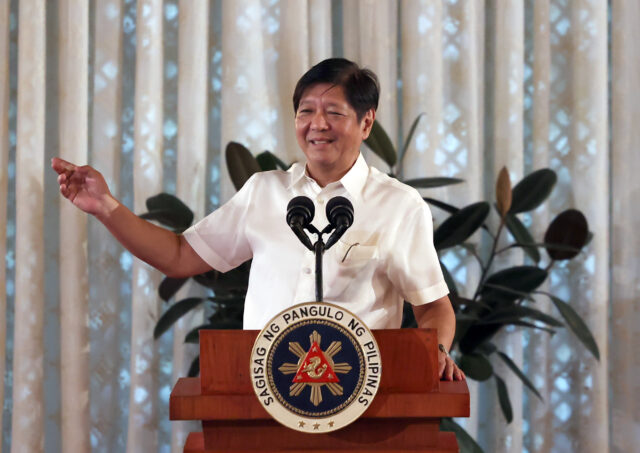Agencies ordered to draft catch-up spending plans
THE Department of Budget and Management (DBM) said it issued a circular directing government agencies to submit their spending catch-up plans next month.
“There is a need to ascertain the underlying causes or reasons for the underperformance (in spending) and undertake measures to address them,” according to the circular, which was released to reporters.
The DBM acknowledged, though, that preliminary data indicated that the implementation of programs was ongoing or were encountering billing or payment concerns or other issues.
Nevertheless, the department “will be requiring all agencies to periodically undertake a data analysis which will cover programs and projects with historical trends of low disbursement and those with anticipated delays.”
The analysis needs to include a comparison of project performance against targets, and a delivery and execution strategy to address delays.
Agencies must also submit to the DBM a list of their latest available financial and physical accomplishments, updates on the status of flagship programs, and catch-up plans to meet their spending targets for the year. The deadline for these reports is Sept. 15.
The DBM said it will “closely monitor the status of program and project implementation to ensure that the government achieves disbursement targets.”
The economic managers in a joint statement on Thursday said that they will work on accelerating budget execution for the remainder of the year.
“While government expenditure contracted by 7.1% in the absence of election-related spending in the first half of the year, government spending will accelerate in the coming quarters to allow us to recover our growth momentum,” according to the joint statement.
“Government agencies, including local and regional government entities, are encouraged, if not instructed, to formulate catch-up plans, accelerate, and even frontload the implementation of said programs and projects. Line agencies already have their catch-up plans and are enjoined to implement these urgently,” it added.
Government spending rose 0.42% to P2.41 trillion in the first six months. However, this was 6.6% lower than the P2.58 trillion targeted for the first half.
The DBM reported a cash utilization rate by government agencies of 98% at the end of June, behind the year-earlier pace of 99%.
The National Government, local governments and state-owned companies used P2.01 trillion out of the P2.06 trillion worth of Notices for Cash Allocation issued as of the end of June. — Luisa Maria Jacinta C. Jocson

